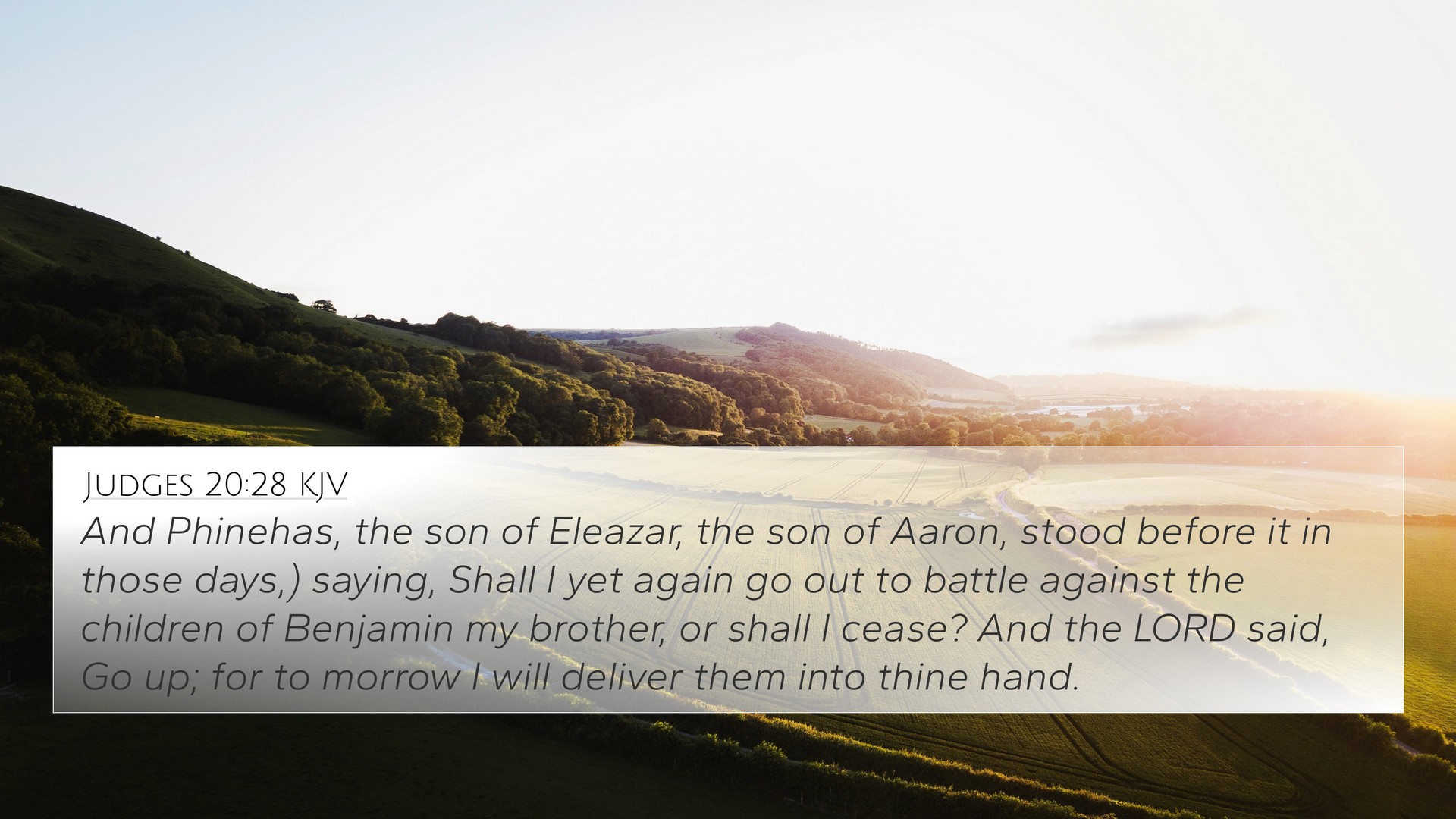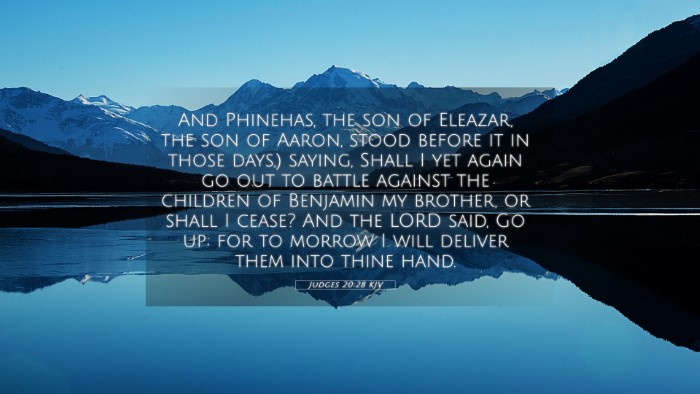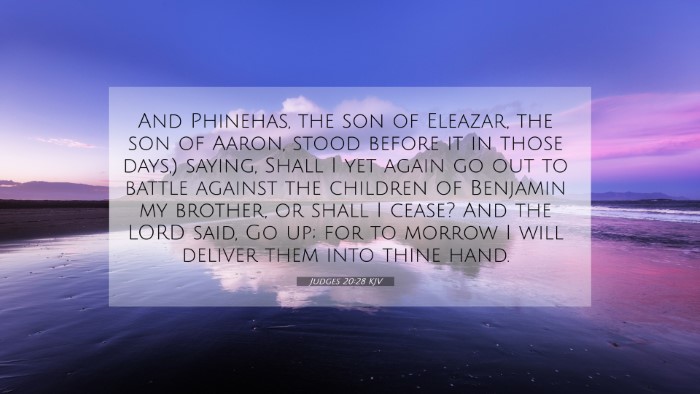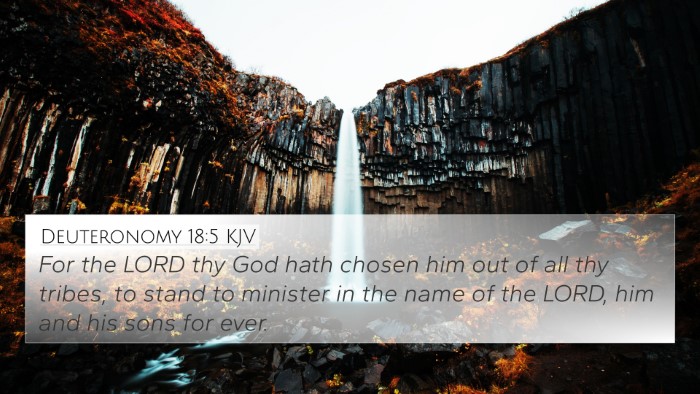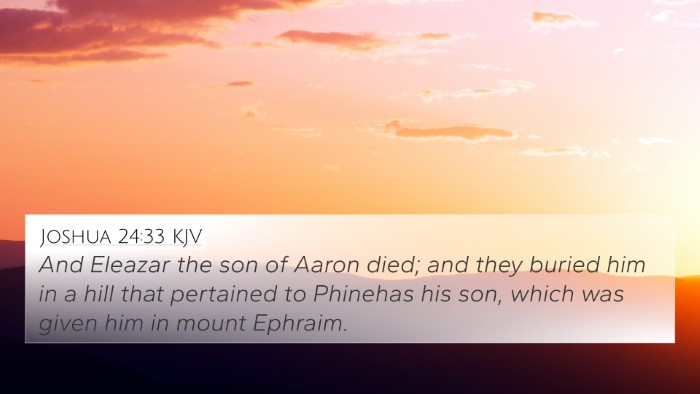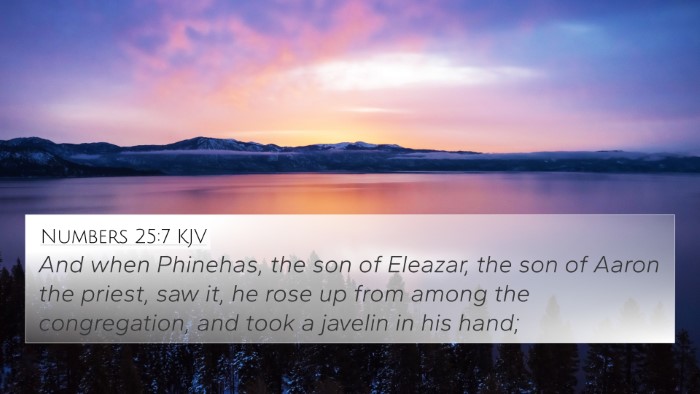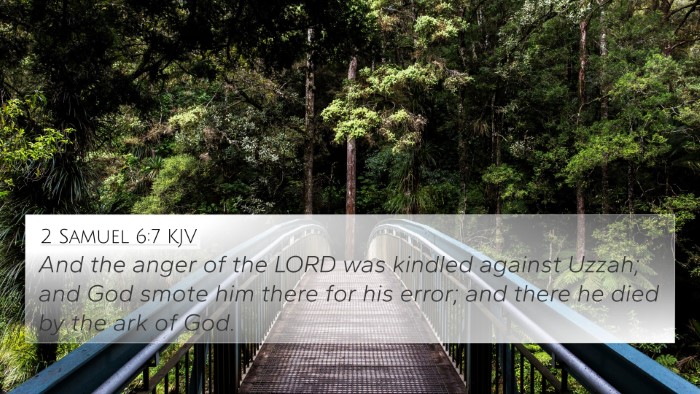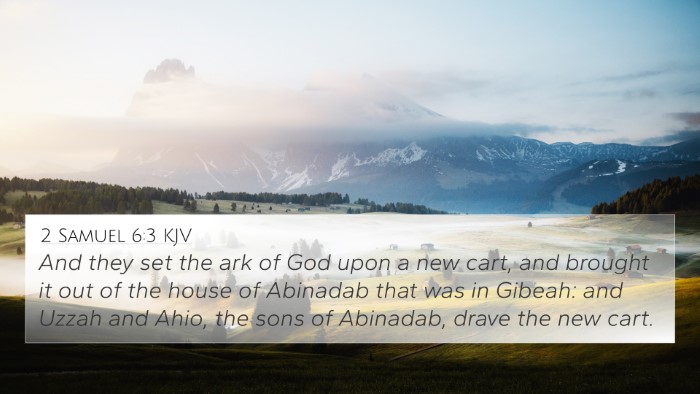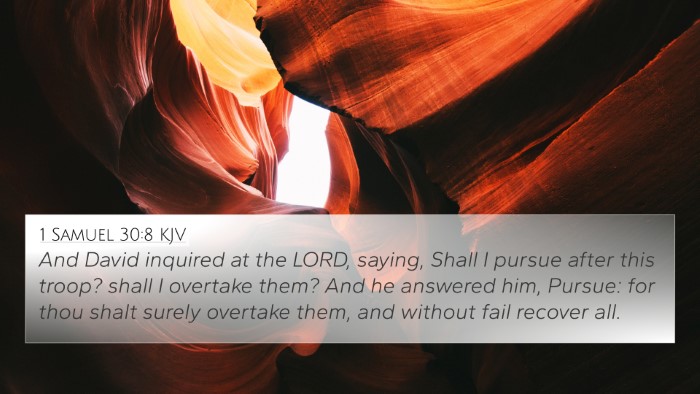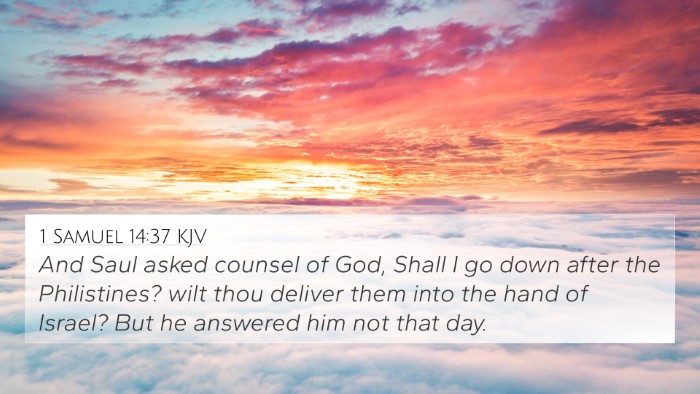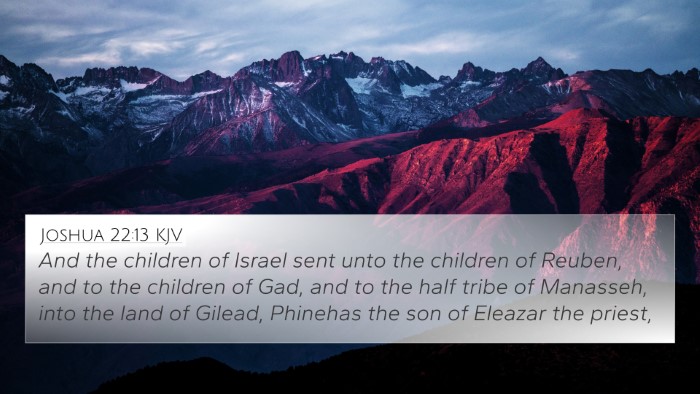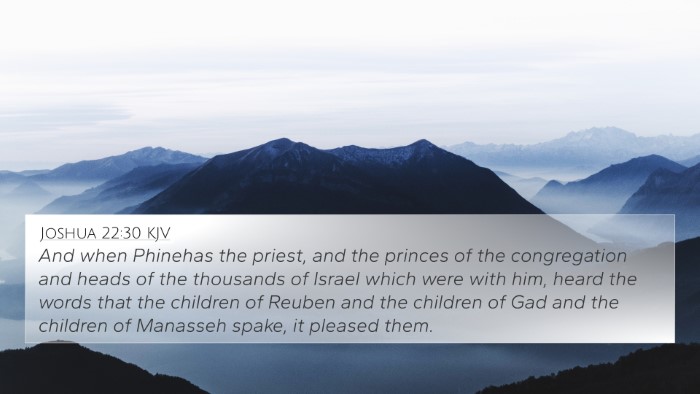Understanding Judges 20:28
Judges 20:28 states: "And Phinehas, the son of Eleazar, the son of Aaron, stood before it in those days, saying, ‘O Lord, shall I yet again go out to battle against the children of Benjamin, my brother? or shall I cease?’ And the Lord said, ‘Go up; for tomorrow I will deliver them into thine hand.’" This verse encapsulates a moment of intense inquiry into God's will during Israel's civil war against the tribe of Benjamin. This content seeks to interpret and elaborate on the theological and historical significance of this scripture.
Context of Judges 20:28
The Book of Judges outlines a tumultuous period in Israel's history where the people repeatedly turned away from God, leading to cycles of oppression and deliverance. In Judges 20, the tribe of Benjamin perpetrates a grievous sin, leading to a coalition of the other tribes seeking justice. Phinehas, the grandson of Aaron, steps into the role of priest and intercessor, seeking divine guidance before further warfare.
The Role of Phinehas
Phinehas is a significant figure representing zeal for God and righteousness. His consultation with God highlights the importance of spiritual leaders in determining the will of God in times of conflict. According to Matthew Henry's Commentary, Phinehas's lineage underscores the continuity of God's covenant and priesthood.
Importance of Prayer and Seeking Guidance
Praying for God's Will: This verse emphasizes the importance of prayer in decision-making. Phinehas asks God whether to continue the fight, reflecting a principle of seeking divine direction prior to action, which is echoed throughout scripture. Albert Barnes' Notes on the Bible notes that this direct communication shows a close relationship between Israel's leaders and God.
God's Response
God's affirmative response reassures the Israelites that victory is assured. Adam Clarke's Commentary explains that the promise of deliverance emphasizes God's control over battles and justice. This reinforces the idea that God intervenes in human affairs and is ultimately sovereign over all situations.
Cross-References and Connections
This verse relates to several important scripture passages that illuminate its deeper meanings:
- Exodus 28:30 - The Urim and Thummim, tools for seeking God's will.
- 1 Samuel 14:37 - Saul inquires of God before battle.
- Proverbs 3:5-6 - Trust in the Lord and in all your ways acknowledge Him.
- James 1:5 - If any of you lacks wisdom, let him ask of God.
- Judges 1:1 - Inquiring of the Lord before conflict.
- 1 Chronicles 10:13-14 - Saul’s failure to consult God.
- Psalms 20:7 - Some trust in chariots, but we trust in the name of the Lord.
Thematic Connections
This verse illustrates several broad themes within the Bible:
- Prayer and Divine Guidance: Reflects the need for spiritual discernment in crucial decisions.
- God's Sovereignty: Emphasizes His control and capability to grant victory.
- Leadership and Responsibility: Highlights the role of Godly leaders in guiding their people.
Interpretative Insights
The examination of Judges 20:28 through various public domain commentaries provides a well-rounded understanding:
- Matthew Henry: Views this passage as a testament to Israel’s reliance on divine assistance.
- Albert Barnes: Emphasizes the importance of leadership in spirituality and consultation with God.
- Adam Clarke: Discusses the clarity of God’s direction in critical battle scenarios.
Bible Verse Cross-References
Exploring Bible verse cross-references allows for deeper understanding and insight into the text. Other verses that enhance our understanding of Judges 20:28 include:
- Exodus 33:15-16 - Moses' reliance on God's presence for guidance.
- Isaiah 30:21 - God guiding believers in the way they should go.
- Jeremiah 33:3 - Calling unto God for answers and insights.
Conclusion
Judges 20:28 not only serves as a pivotal moment in Israel’s history but also serves as a timeless reminder of the necessity of seeking God’s will in decision-making processes. By examining this verse in conjunction with its cross-references and utilizing various commentaries, one can appreciate the depth and richness of God's Word. Understanding bible verse interpretations such as this through cross-referencing provides important tools for Bible study and enhances spiritual growth.
